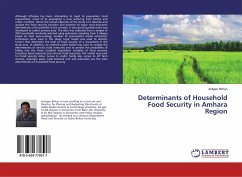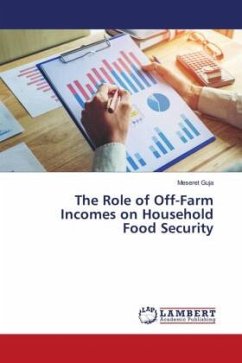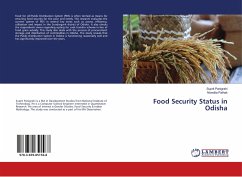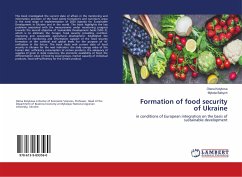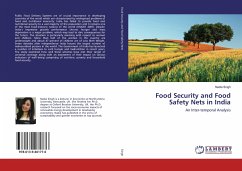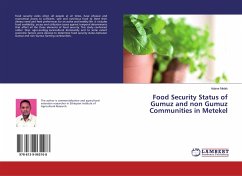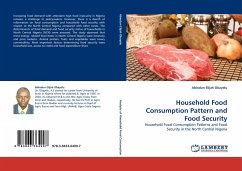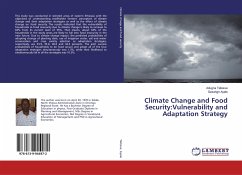Although Ethiopia has been attempting to meet its population food requirement, much of its population is now suffering from famine and under nutrition. Hence the overall objective of the study is to describe and analyze the food security situation and examine its major socio-economic determinants of households in the woreda. A structured questionnaire was developed to collect primary data. The data was collected from a sample of 200 households randomly selected using systematic sampling from 3 villages based on their agro-ecology. number of econometric model estimation techniques were used in the study. Logit model was used to identify factors that determine the level of food security of a household in the study area. In addition, an ordered probit model was used to analyze the determinants of chronic food insecurity and to predict the probability of falling into the three classified dependent variables of food secured, transitory food insecurity and chronic food insecurity. FGT model was used for Food security index. Access to credit, family size, access to off farm income, extension years, total livestock unit and education are the main determinants of household food security.
Bitte wählen Sie Ihr Anliegen aus.
Rechnungen
Retourenschein anfordern
Bestellstatus
Storno

